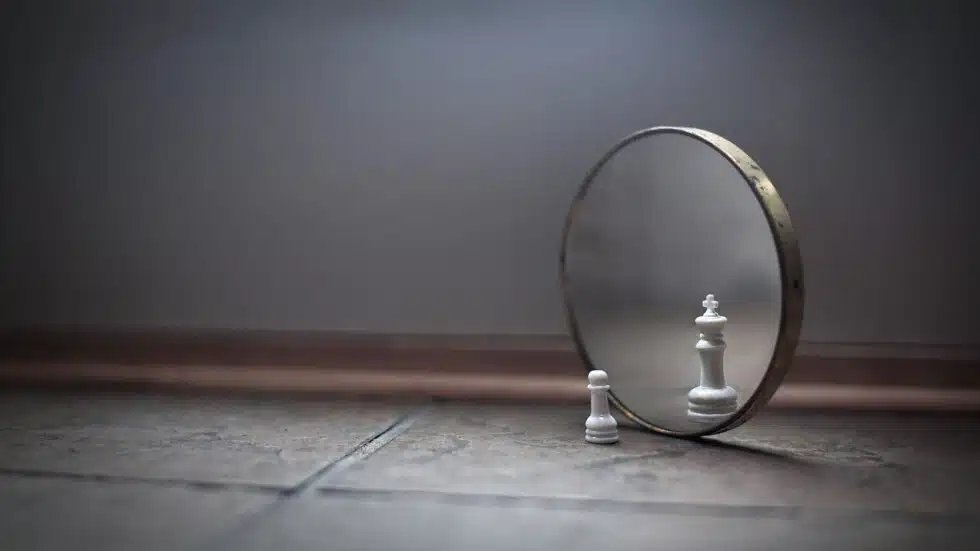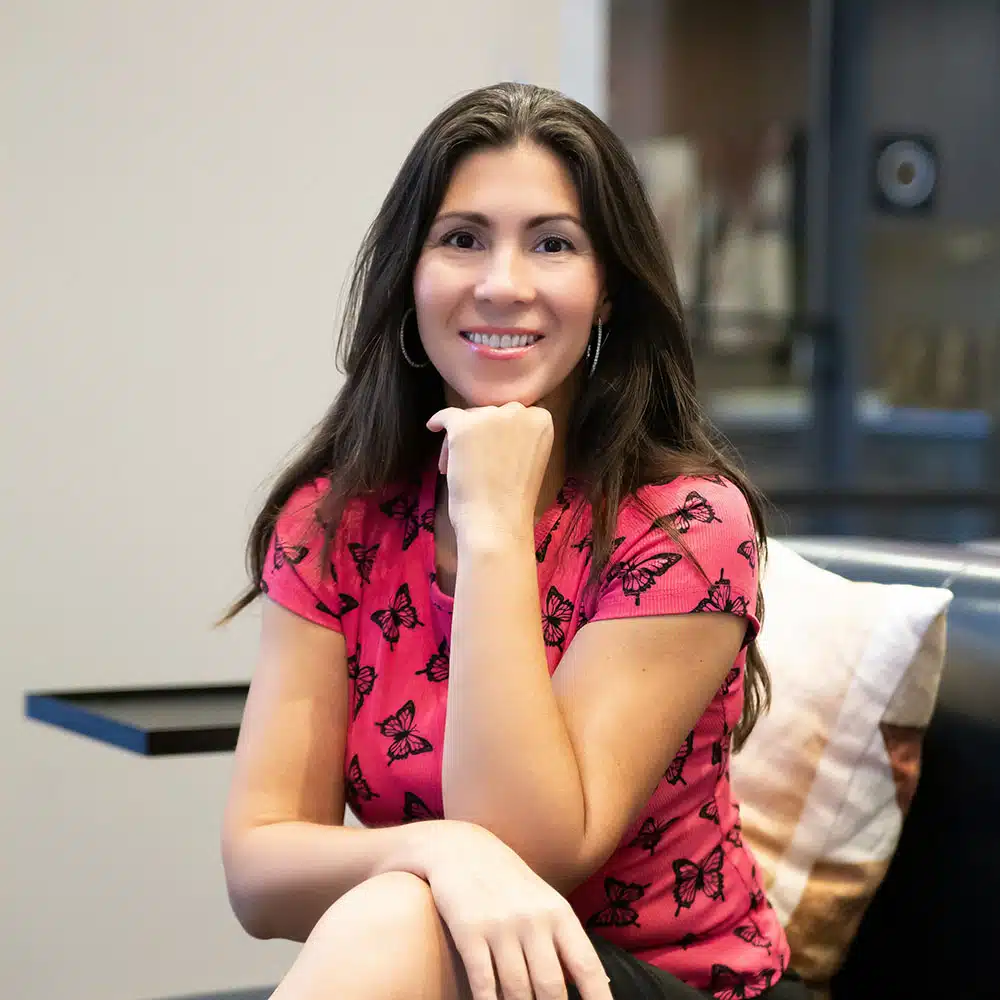Blog
Happily Ever After Doesn't Just Happen...
We Make it Happen!

To be or not to be... me
In the past I used dating apps. It proved to be a fascinating and enlightening experience, offering a glimpse into humanity’s collective desire to find love and the various approaches individuals take. By observing patterns and the ways in which people utilize these technological marvels in their quest for love, one can gain incredible insights into human nature. It’s safe to say that the ultimate goal for every user of these apps is essentially finding love. While some may claim to be seeking friendships, one-night stands, or long-term companionship, deep down, each person is searching for the same thing—to feel loved. The need for love and belonging is one of our fundamental psychological needs, following our basic necessities like food, shelter, and safety. Once those necessities are fulfilled, our yearning for love and belonging emerges. This aligns with Maslow’s hierarchy of needs, which organizes human needs in a specific order, with each level building upon the fulfillment of the previous one. Once our survival needs are met, we naturally desire love.
This is where things get interesting. We know we want love, but we don’t always know how to obtain it. However, that doesn’t stop us from trying. If every one of us were mentally and emotionally healthy, free from childhood traumas carried into adulthood, and not relying on coping mechanisms developed in our youth, if we learned effective communication and active listening, if we adopted an objective approach to conflict resolution rather than resorting to blame and defensiveness, if we didn’t struggle with low self-worth and negative self-image… I could go on describing our utopian connections with one another. If we possessed these abilities, we would know how and where to find love effortlessly. We would understand how to establish a sense of belonging and experience love in a healthy and sustainable way.
Instead, we often operate from faulty internal belief systems without regularly evaluating their effectiveness. We persistently push towards our goal, inadvertently sabotaging ourselves and our chances in the process. One example of this self-sabotage, which often goes unnoticed consciously, is when we are so afraid to be our authentic selves that we present an image of someone we think others will like. We work tirelessly to impress, but in doing so, we deceive the person on the receiving end of our projected image. We play games, we lie to appear more successful, we conceal our shortcomings for as long as possible, and we strive to measure up to others whom we perceive as superior. All of this stems from our inability to be true to ourselves.
However, this is not to suggest that you should remain the same person for the rest of your life. Being yourself means evolving and growing. Your core essence remains intact, but there are layers on top of it that may not always serve you in the best way possible. Sometimes, we receive advice to “just be yourself.” I propose that you be your always-evolving self. No one should ever cease their development. Building character, cultivating better habits, and acquiring new skills are all processes that can be learned and developed. Therefore, be yourself by presenting yourself as an ever-evolving individual who never stagnates. And when you do go on a date or connect with someone, do tell them, that you are far from perfect, but you are dedicated to an ongoing growth.
Copyright © 2026 Irena Polyakova | All Rights Reserved

